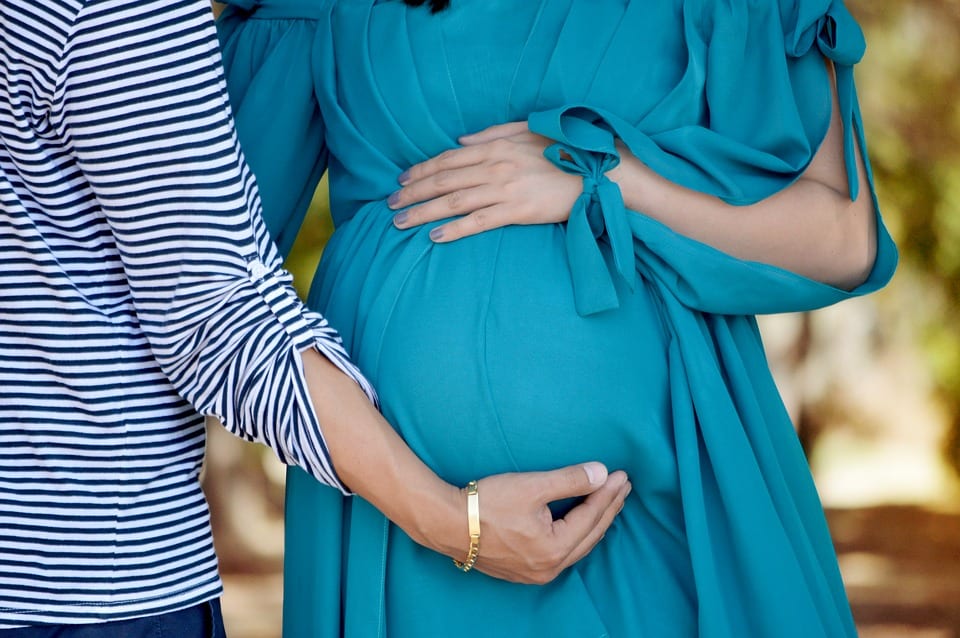It’s said that people can tell a lot about you from looking you in the face, but until recently, no one suspected your gross average income could be one of those things.
A new study was published recently in the Journal of Personality and Social Psychology, and it claims that you can tell whether someone is rich or poor simply by studying their face.
Image Credit: Pixabay
Co-author of the study, grad student Thora Bjornsdottir, explains.
“The relationship between well-being and social class has been demonstrated by previous research. In general, people with money tend to live happier, less anxious lives compared to those struggling to make ends meet, and these well-being differences are actually reflected in people’s faces.”
For the study, Bjornsdottir and a psychology professor, Nicholas O. Rule, had their subjects look at black-and-white photographs of 80 males and 80 females without any identifying markers like tattoos or piercings. Half of the photos were of people who made over $150k a year and the other half made less than $35k.
Image Credit: Pixabay
The subjects, who were from various ethnic backgrounds, then guessed the class of the people in the photos – and they were correct around 68% of the time.
That is, in case you’re wondering, significantly higher than random chance.
Dr. Rule told The Cut they were surprised themselves.
“I didn’t think the effects would be quite as strong, especially given how subtle the differences are in the faces. That’s the most surprising part of the study to me.”
Image Credit: Pixabay
“People are not really aware of what cues they are using when they make these judgments,” adds Bjornsdottir. “If you ask them why, they don’t know. They are not aware of how they are doing this.”
Interestingly, the subjects were also able to guess correctly when they were able to look just at the eyes, or just at the mouth, though not quite as often.
Bjornsdottir believes the effect is “due to emotion patterns becoming etched into their faces over time,” because the chronic contraction of certain muscles can lead to changes in the actual structure of your face.
When the subjects were shown pictures of people smiling, they were unable to discern the socioeconomic status of the people in the images with any reliability.
Image Credit: Pixabay
The researchers believe their results are important because first impressions come into play in the real world – a fact they proved when they asked the subjects to choose who they would hire as an accountant based on the images alone.
They chose the people who appeared to be high-earners, which means employers could be doing the same thing.
“Face-based perceptions of social class may have important downstream consequences. People talk about the cycle of poverty, and this is potentially one contributor to that,” they conclude.
So, even though “don’t judge a book by its cover” is one of the world’s more famous sayings, it turns out we’re all doing exactly that every day without even realizing it.
Kind of makes me rethink my decision to not wear makeup most days.
How about you?
The post A Study Says You Can Tell If Someone Is Rich or Poor Just by Looking at Them appeared first on UberFacts.







